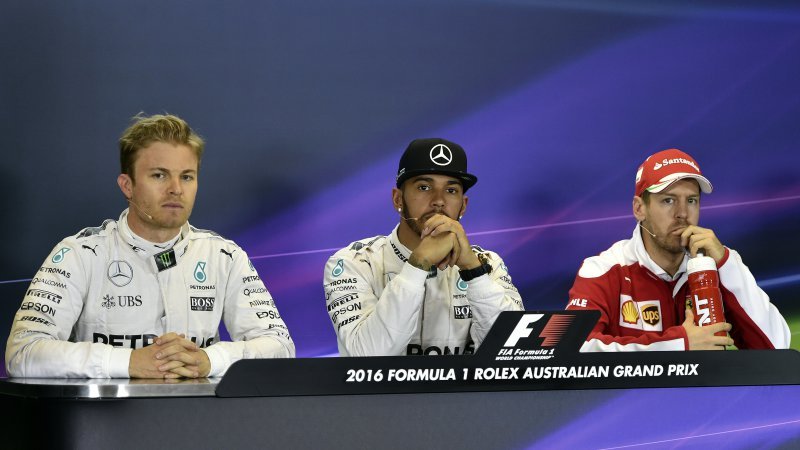F1 to Immediately Revert Back to Old Qualifying System

"It needs to be ratified by the F1 Commission, but I would like to see who puts his hand up for yesterday's qualifying. It should be done in the next few days," said Mercedes F1 chief Toto Wolff in an interview with Autosport.
For those who haven't been keeping track of the recent changes made to F1 qualifying, here's how it worked this weekend for the 2016 Australian Grand Prix. It's complicated, but basically, there were three timed segments with cars on the track, with the slowest drivers being eliminated in 90-second intervals. The idea was that the two fastest drivers would be left out on the track at the very end to determine who would get the first spot on the grid come race day. What ended up happening, however, was the exact opposite – the running order was pretty much set in stone with five minutes left to go in the final session, leading to zero excitement and widespread disappointment among drivers, their teams, and fans alike.
There aren't likely to be any major changes from the old system that was used in 2015, says Wolff. "We are now back to something we understand, where we have regulations and not reinvent something new. ... We would look really silly if there was a new compromise for next week, and then again we didn't like it." File it in the folder titled "If it ain't broke, don't fix it," then.
So, starting at the Bahrain GP the first weekend in April, there will again be three qualifying sessions, with 10 drivers left competing in the final session to set the fastest lap. We'll see how long that lasts.
Nouvelles connexes


